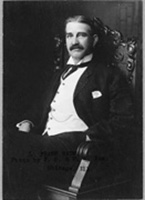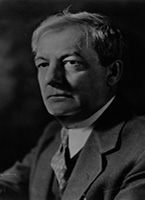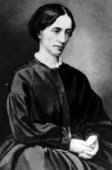
Carl Smith
Born:
Pen Name: None Connection to Illinois: Smith is a professor at Northwestern University in Evanston. Biography: Carl Smith is the Franklyn Bliss Snyder Professor of English and American Studies and professor of history at Northwestern University. In collaboration with Academic and Research Technologies at Northwestern and the Chicago History Museum, he is author/curator of two major online exhibitions, ''The Great Chicago Fire'' and the ''Web of Memory and The Dramas of Haymarket''. He is one of the founders of the Program in American Studies at Northwestern, which he has served multiple times as director or associate director. In 1994 he was named Charles Deering McCormick Professor of Teaching Excellence at Northwestern.
Awards:
- '''''Urban Disorder and the Shape of Belief
Website: http://www.carlsmith.northwestern.edu/
Carl Smith on WorldCat : http://www.worldcat.org/search?q=carl+smith
Selected Titles
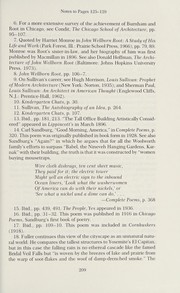 |
Chicago and the American literary imagination, 1880-1920 ISBN: 0226763714 OCLC: 9827690 University of Chicago Press, Chicago : 1984. |
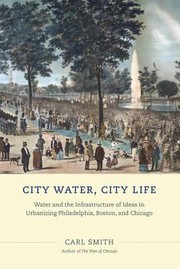 |
City water, city life : ISBN: 9780226151595 OCLC: 840887412 A city is more than a massing of citizens, a layout of buildings & streets, or an arrangement of political, economic & social institutions. It is also an infrastructure of ideas, an embodiment of the beliefs, values & aspirations of the people who created it. In this book, Carl Smith explores this infrastructure of ideas through an examination of the development of the first successful waterworks systems in Philadelphia, Boston & Chicago between the 1790s & 1860s. |
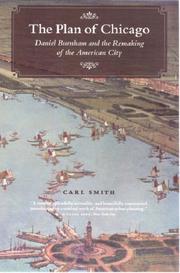 |
The Plan of Chicago : ISBN: 9780226764726 OCLC: 64084653 University of Chicago Press, Chicago : 2006. Arguably the most influential document in the history of American urban planning, Daniel Burnham's 1909 'Plan of Chicago' proposed many of the city's most distinctive features. This text reveals the Plan's central role in shaping the ways people have envisioned the cityscape and urban life itself. |
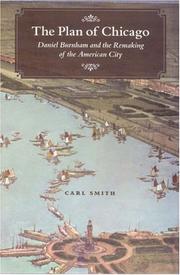 |
The Plan of Chicago : ISBN: 0226764710 OCLC: 528768432 University of Chicago Press, Chicago : 2006. Arguably the most influential document in the history of urban planning, Daniel Burnham's 1909 Plan of Chicago, coauthored by Edward Bennett and produced in collaboration with the Commercial Club of Chicago, proposed many of the city's most distinctive features, including its lakefront parks and roadways, the Magnificent Mile, and Navy Pier. Carl Smith's fascinating history reveals the Plan's central role in shaping the ways people envision the cityscape and urban life itself. Smith's concise and accessible narrative begins with a survey of Chicago's stunning rise from a tiny frontier settleme. |
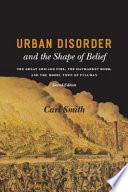 |
Urban Disorder and the Shape of Belief : ISBN: 9780226764252 OCLC: 476229918 University of Chicago Press, Chicago : 1995. The Great Chicago Fire of 1871, the Haymarket bombing of 1886, and the making and unmaking of the model town of Pullmanthese remarkable events in what many considered the quintessential American city forced people across the country to confront the disorder that seemed inevitably to accompany urban growth and social change. In this book, Carl Smith explores the imaginative dimensions of these events as he traces the evolution of beliefs that increasingly linked city, disorder, and social reality in the minds of Americans. Studying a remarkable range of writings and illustrations, as well as p. |
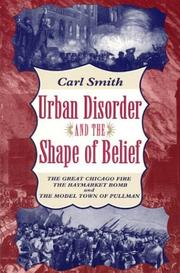 |
Urban disorder and the shape of belief : ISBN: 0226764176 OCLC: 30548096 University of Chicago Press, Chicago : 1995. The Great Chicago Fire of 1871, the Haymarket bombing of 1886, and the making and unmaking of the model town of Pullman - these remarkable events in what many considered the quintessential American city forced people across the country to confront the disorder that seemed inevitably to accompany urban growth and social change. In this book, Carl Smith explores the imaginative dimensions of these events as he traces the evolution of beliefs that increasingly linked city, disorder, and social reality in the minds of Americans. |


